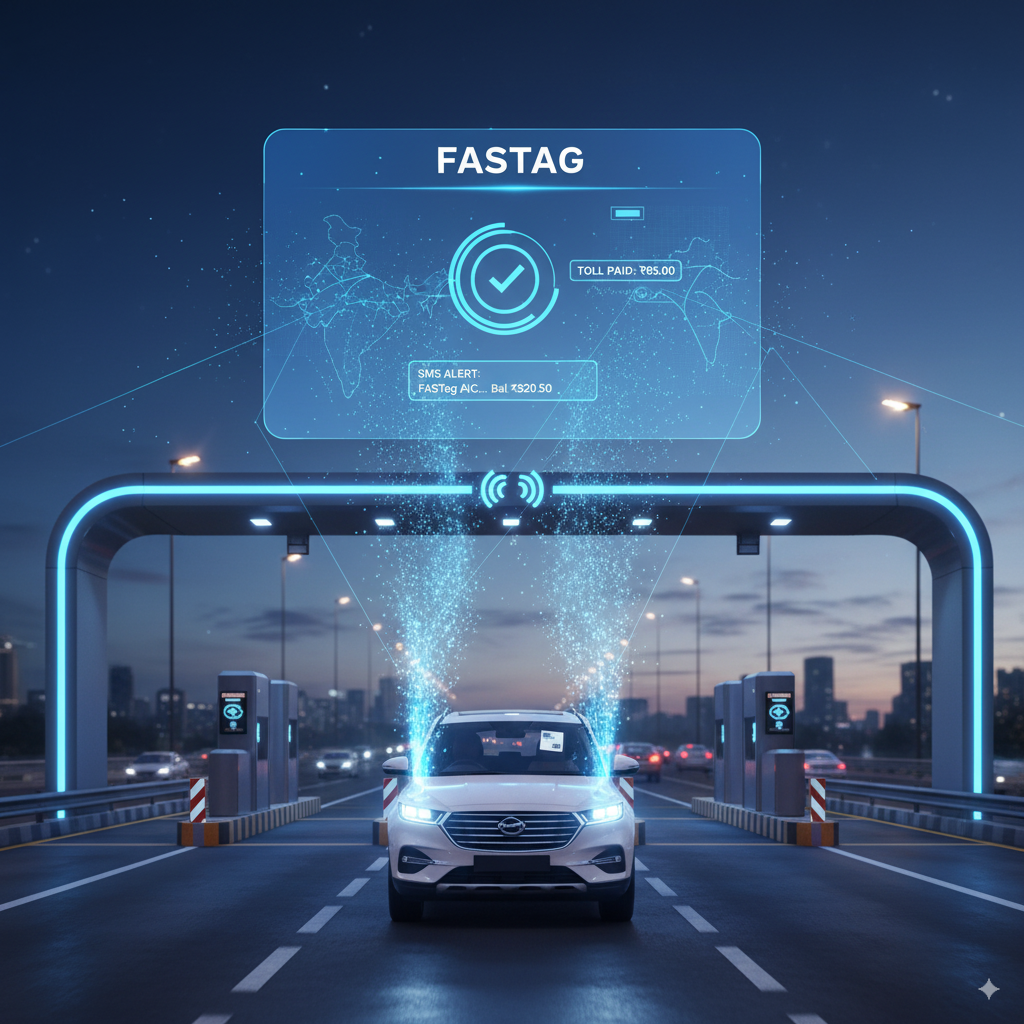
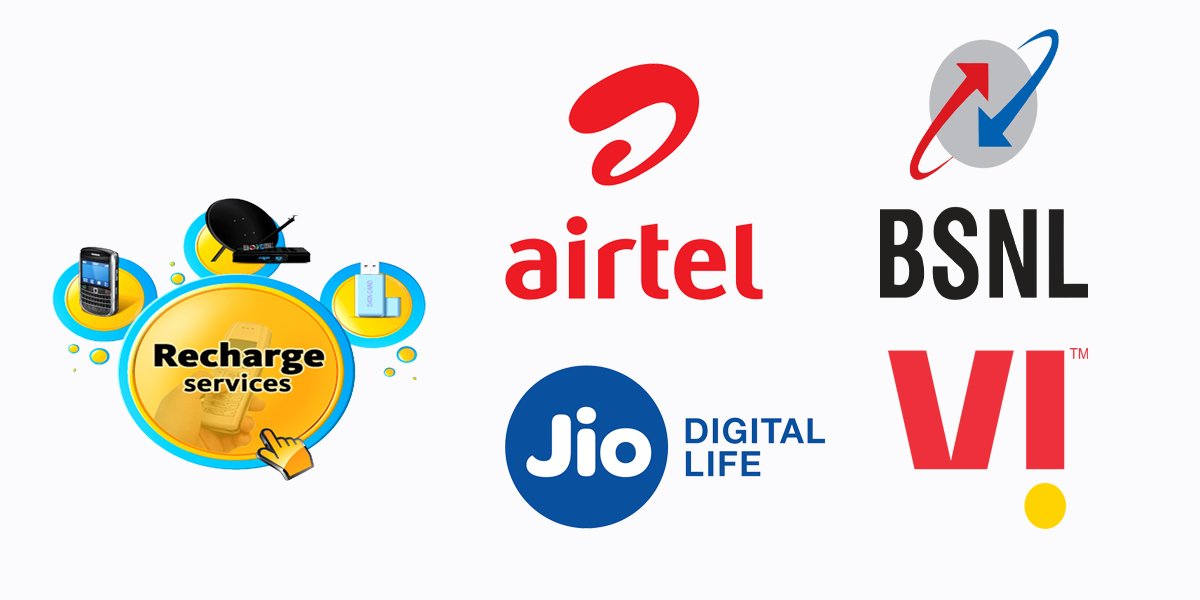

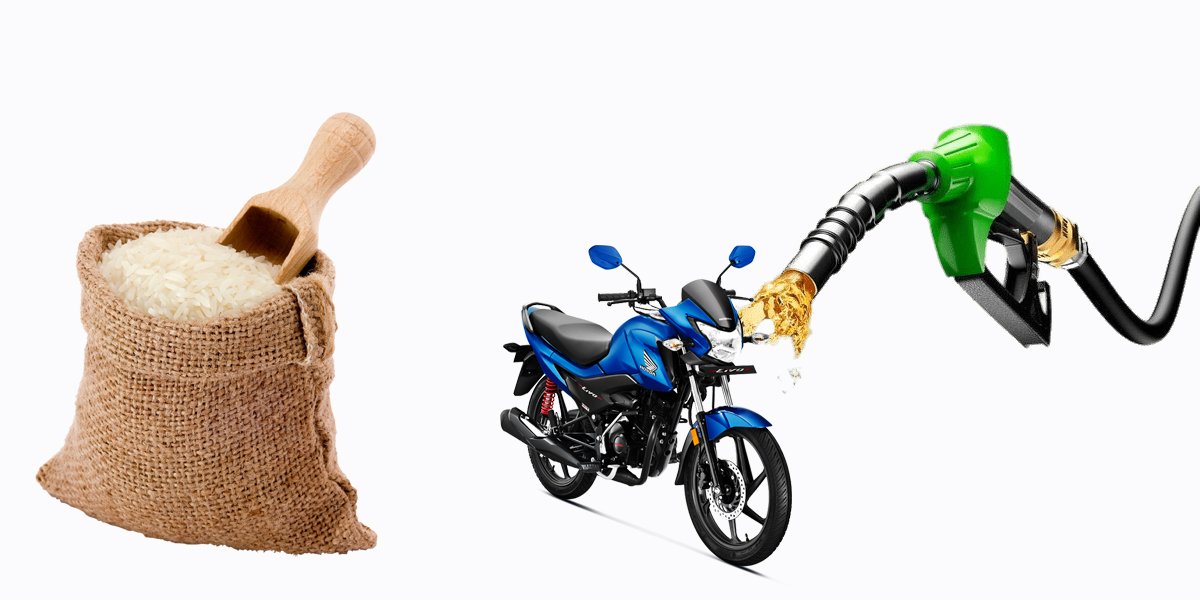




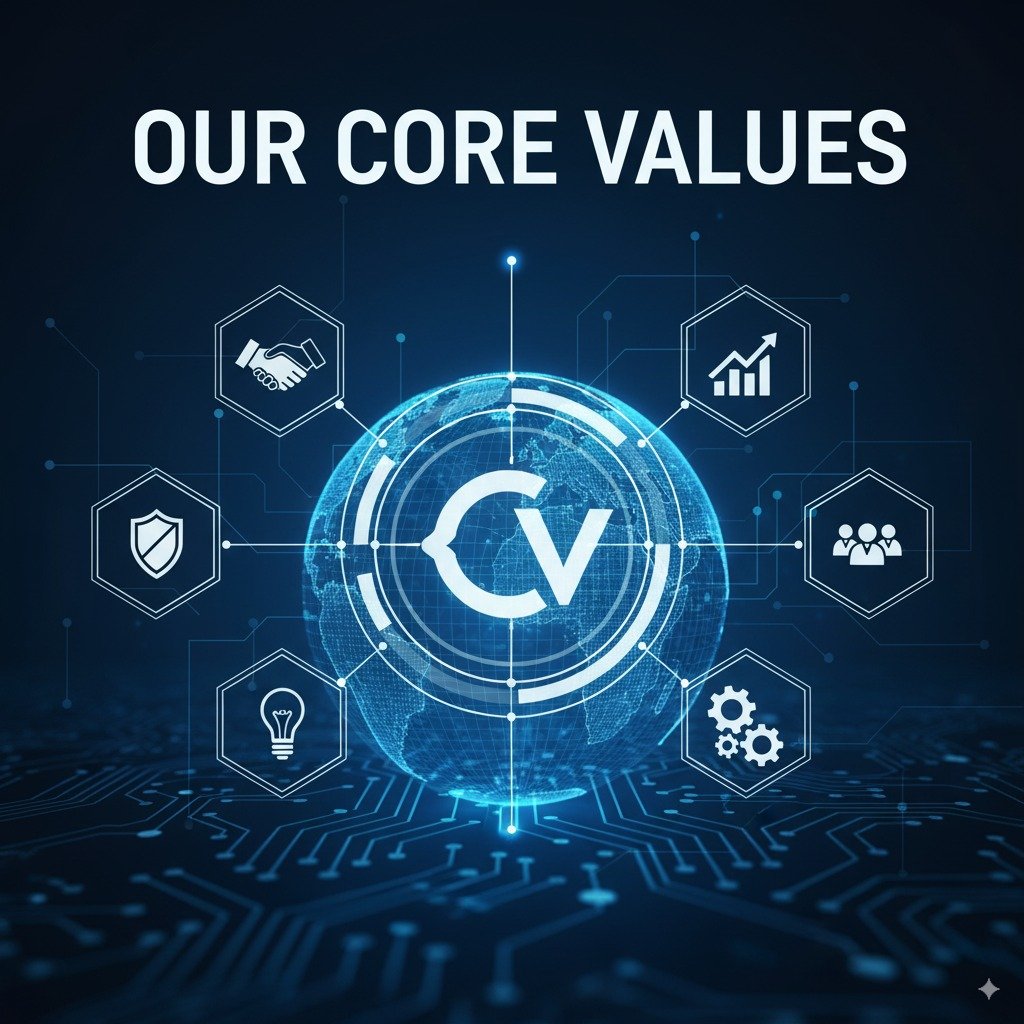
Founded in 2005 as TLC, our organization began with a clear vision — to provide financial security and well-being to individuals through trusted insurance services. Over the course of four years, we built a strong foundation by serving communities with dedication and integrity.
In 2019, during the global economic slowdown, we recognized the need for sustainable financial solutions and launched Bright Future. Since then, more than 370 individuals have benefited from our programs, gaining financial stability and growth opportunities.
At Bright Future, our mission is to empower people with innovative, reliable, and future-ready financial plans. We are committed to enhancing quality of life by promoting financial independence, sustainable income opportunities, and long-term security.







When looking into general insurance, you're usually thinking about policies that protect against financial losses from a variety of perils, often categorized by what they cover.
Some common types include:
Auto Insurance:
Covers damage to your vehicle, other vehicles, and liability for injuries in an accident.
Homeowners/Renters Insurance:
Protects your dwelling, personal belongings, and provides liability coverage for incidents on your property.
Travel Insurance:
Covers unexpected events during travel, like trip cancellations, medical emergencies abroad, or lost luggage.
Pet Insurance:
Helps with the cost of veterinary care if your pet gets sick or injured.
Regarding an "accidental death policy," this is typically a type of life insurance or a rider on an existing policy. It pays out a benefit if the insured person dies as a direct result of an accident. It's distinct from a standard life insurance policy, which pays out regardless of the cause of death (unless specific exclusions apply, like suicide within a certain period).
If you're considering these types of policies, it's always a good idea to speak with an insurance agent who can help you understand the specifics and find coverage that best fits your needs.

Fuel allowances are common in various contexts:

Okay, you're looking for a mobile recharge plan that offers a full year of service, including data. These types of plans are quite popular for their convenience and often provide better value over the long term compared to monthly recharges. When searching for such a plan, you'll typically want to consider a few key things: Provider: Which mobile network operator do you use or prefer (e.g., AT&T, Verizon, T-Mobile in the US; Vodafone, O2, EE in the UK; Jio, Airtel, Vi in India; etc.)? The plans available will depend heavily on the provider.
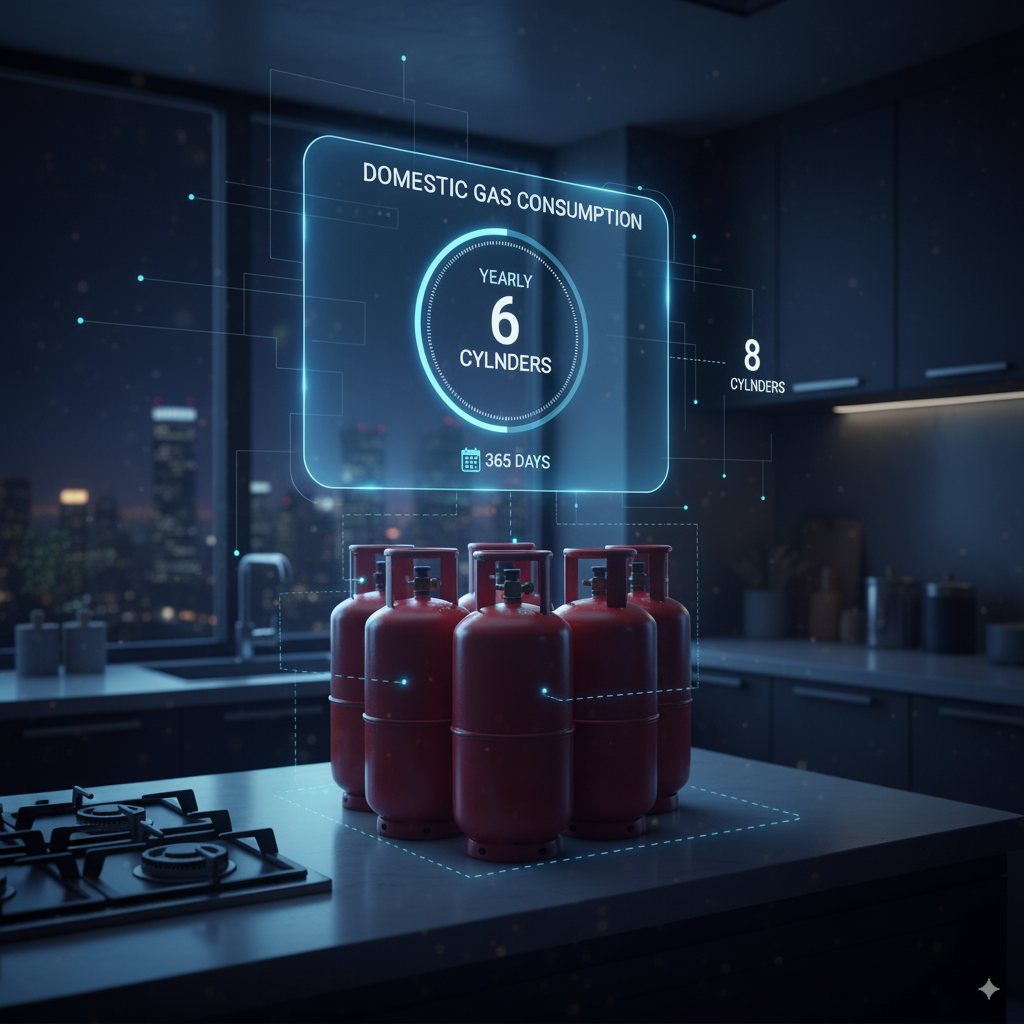
This consumption rate is quite common for many households, particularly those with:
